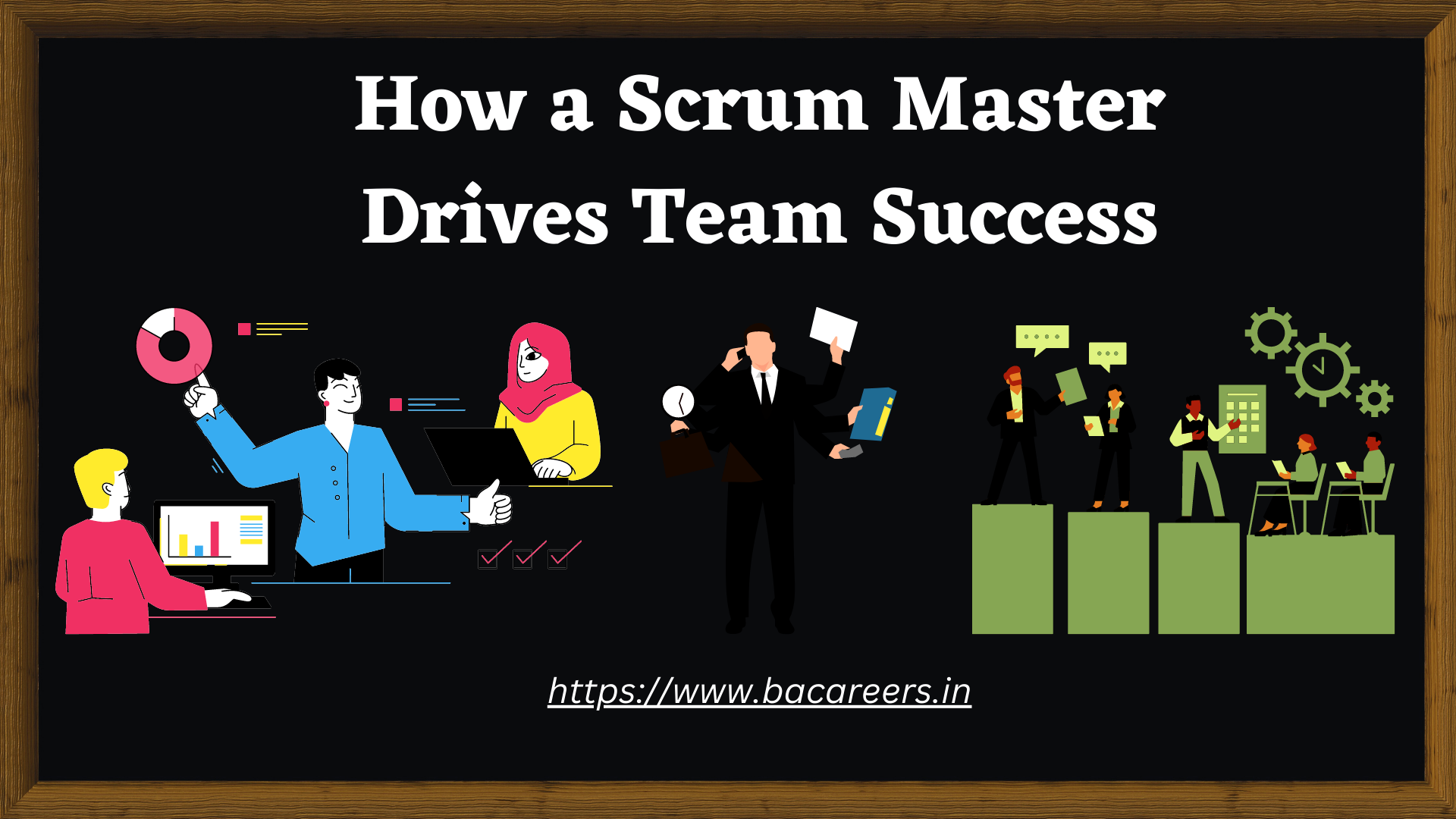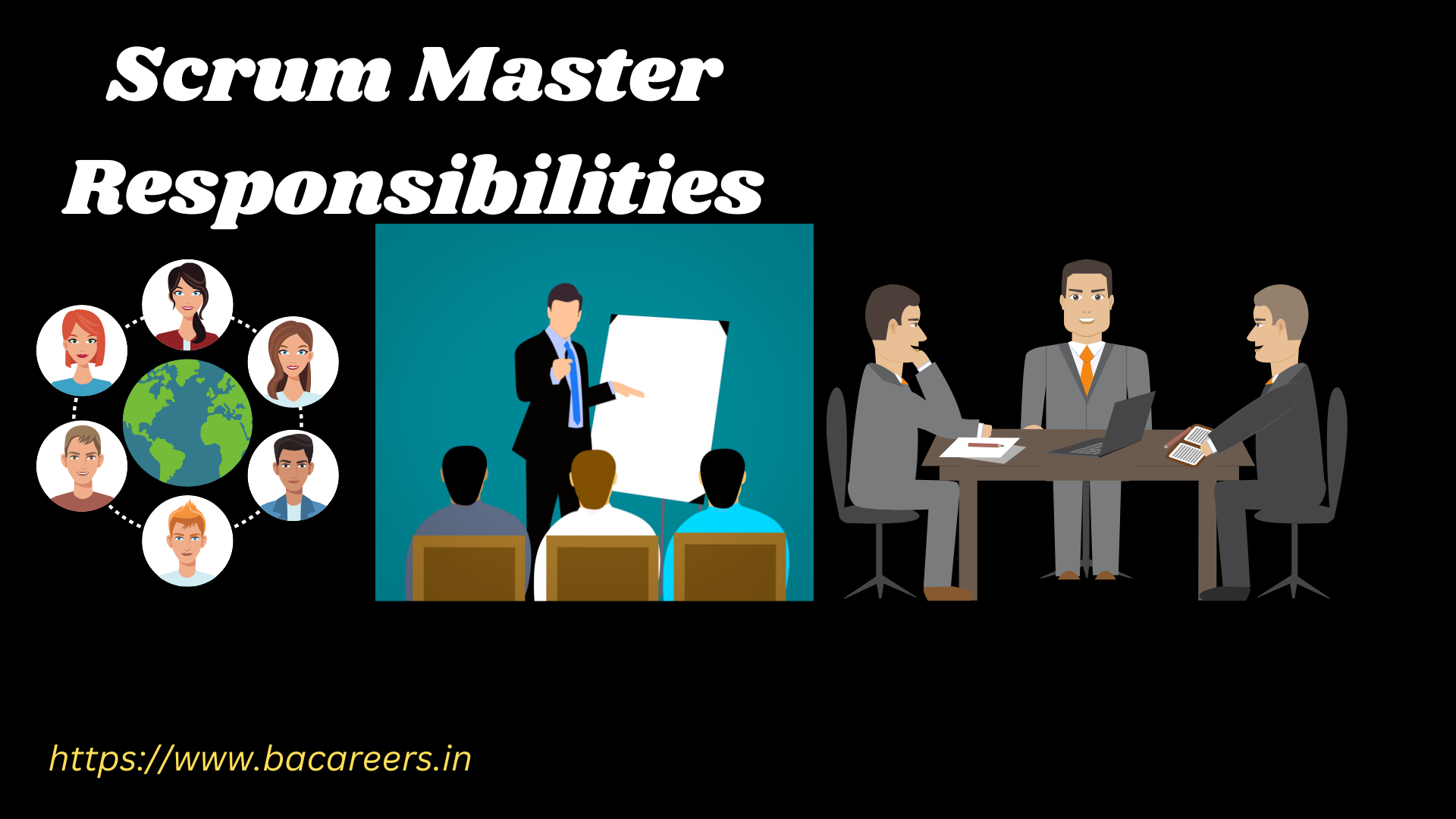Mastering the Art of Scrum: How a Scrum Master Drives Team Success
In today’s fast-paced world, businesses are constantly seeking ways to streamline their processes and maximize efficiency. Enter the Scrum Master, a crucial role in agile project management that can make all the difference in team success. Mastering the art of Scrum is not just about understanding the framework, but also about possessing the skills to drive collaboration, communication, and innovation within a team. With the ability to guide and inspire, a Scrum Master empowers team members to work together seamlessly, adapt to change, and deliver high-quality results. In this article, we will explore the key qualities and responsibilities of a Scrum Master, delve into the benefits they bring to a project, and provide practical tips for aspiring Scrum Masters to hone their craft. Whether you’re a seasoned Scrum Master looking to enhance your skills or a project manager curious about the impact of Scrum, this article will equip you with the knowledge and insights to excel in the ever-evolving world of agile project management.
Topics Covered:
Benefits of implementing Scrum in a team
Responsibilities and skills of a Scrum Master
The Scrum framework and its key components
How a Scrum Master facilitates the Scrum process
Techniques and tools used by Scrum Masters for team success
Challenges faced by ScrumMasters and how to overcome them
Qualities of an effective Scrum Master
The importance of continuous improvement in Scrum
Tips for becoming a successful Scrum Master
Conclusion

Benefits of Implementing Scrum in a Team
Implementing Scrum in a team can bring numerous benefits that contribute to overall project success. One of the key advantages is increased productivity. By using the Scrum framework, teams can focus on delivering small increments of value, known as sprints, which leads to faster feedback loops and quicker adaptation to changes. Scrum also promotes transparency and accountability, as it provides clear visibility into the progress of work through daily stand-up meetings, sprint reviews, and retrospectives.
Another benefit of Scrum is improved customer satisfaction. By involving stakeholders throughout the development process and continuously delivering value, Scrum ensures that the final product meets their expectations. This iterative approach allows for early identification and resolution of issues, resulting in a higher-quality end product. Additionally, Scrum fosters a collaborative and self-organizing environment, where team members can contribute their expertise and ideas, leading to innovative solutions and improved team morale.
Responsibilities and Skills of a Scrum Master
The role of a Scrum Master is multifaceted, requiring a diverse set of responsibilities and skills. Firstly, a Scrum Master acts as a servant leader, facilitating the Scrum process and removing any obstacles that may hinder team progress. They ensure that the team is fully aligned with the Scrum values, principles, and practices, and help them understand and apply the framework effectively.
Communication is a vital skill for a Scrum Master. They need to effectively communicate with stakeholders, team members, and other leaders to ensure everyone is on the same page and working towards a common goal. A Scrum Master also needs to be an active listener, empathetic, and approachable, creating a safe space for team members to voice their concerns and ideas.
Another important responsibility of a Scrum Master is to coach and mentor the team. They help individuals grow and develop their skills, while also fostering a culture of continuous improvement. A Scrum Master encourages self-organization and collaboration within the team, empowering team members to take ownership of their work and make decisions collectively.
The Scrum Framework and Its Key Components
The Scrum framework provides a structured approach to agile project management, enabling teams to deliver value in a flexible and iterative manner. At its core, Scrum consists of three key components: the product backlog, the sprint backlog, and the increment.
The product backlog is a prioritized list of all the desired features, enhancements, and bug fixes that need to be implemented. It serves as the single source of truth for the team’s work and is continuously refined and reprioritized based on feedback and changing requirements.
The sprint backlog is a subset of items from the product backlog that the team commits to completing within a sprint. It contains a detailed plan of the tasks required to deliver the selected items, along with estimates and dependencies.
The increment is the sum of all the completed items at the end of a sprint. It represents a potentially releasable product or a tangible outcome that adds value to the stakeholders. Each increment builds upon the previous ones, gradually evolving the product.
How a Scrum Master Facilitates the Scrum Process
As a facilitator, the Scrum Master plays a crucial role in ensuring the smooth functioning of the Scrum process. They organize and facilitate the various Scrum events, such as sprint planning, daily stand-ups, sprint reviews, and retrospectives. During these events, the Scrum Master ensures that the team follows the Scrum principles, stays focused, and achieves the desired outcomes.
In addition to facilitating events, a Scrum Master also helps the team adopt Scrum practices and values. They guide the team in understanding and implementing the roles, artifacts, and ceremonies of Scrum. They encourage the use of visual management tools, such as Kanban boards or burndown charts, to increase transparency and provide a clear picture of progress.
Furthermore, a Scrum Master acts as a shield for the team, protecting them from external distractions and interruptions. They create a conducive environment for the team to work, removing any impediments that may hinder progress. Additionally, a Scrum Master fosters a culture of continuous improvement, encouraging the team to reflect on their work and identify areas for growth.
Techniques and Tools Used by Scrum Masters for Team Success
Scrum Masters utilize various techniques and tools to drive team success and create an environment conducive to collaboration and innovation. One such technique is facilitating effective meetings. By structuring and guiding meetings, Scrum Masters ensure that they are productive and result-oriented. They encourage active participation, facilitate discussions, and keep the team focused on the desired outcomes.
Another important tool used by Scrum Masters is the use of metrics and data analysis. By tracking key performance indicators (KPIs) and analyzing data, Scrum Masters gain insights into team dynamics, productivity, and quality of work. This information helps them identify areas for improvement and make data-driven decisions.
Scrum Masters also employ coaching and mentoring techniques to support individual and team growth. They provide guidance and feedback, help team members overcome challenges, and facilitate skill development. By fostering a learning culture, Scrum Masters enable continuous improvement and ensure the team’s success.
Challenges Faced by Scrum Masters and How to Overcome Them
While the role of a Scrum Master is highly rewarding, it also comes with its fair share of challenges. One common challenge is resistance to change. Teams or individuals may be reluctant to adopt Scrum practices, especially if they are used to traditional approaches. To overcome this challenge, a Scrum Master needs to effectively communicate the benefits of Scrum, address concerns, and gradually introduce the framework, allowing the team to experience its advantages firsthand.
Another challenge is dealing with conflicting priorities and demands from stakeholders. A Scrum Master needs to balance the needs of the team with the expectations of the stakeholders, ensuring that the team has the necessary support and resources to deliver value. Effective communication and negotiation skills are essential in managing these conflicts and finding mutually beneficial solutions.
Additionally, Scrum Masters may face challenges in maintaining team motivation and engagement. It is important to keep the team inspired and motivated, creating an environment that encourages creativity and collaboration. Regular team-building activities, recognition of achievements, and providing opportunities for personal growth can help overcome this challenge.
Qualities of an Effective Scrum Master
To excel as a Scrum Master, certain qualities are essential. Firstly, a Scrum Master needs to be a servant leader, putting the needs of the team above their own. They should be empathetic, understanding, and supportive, creating a safe environment where team members can thrive.
Strong communication and facilitation skills are also vital for a Scrum Master. They need to effectively communicate with team members, stakeholders, and other leaders, ensuring that everyone is aligned and informed. Facilitation skills help in conducting effective meetings and facilitating productive discussions.
Adaptability and flexibility are other important qualities of a Scrum Master. They need to be comfortable with change and able to guide the team through uncertain situations. By adapting to evolving requirements and embracing new ideas, a Scrum Master sets an example for the team and encourages a culture of flexibility.
The Importance of Continuous Improvement in Scrum
Continuous improvement is at the heart of the Scrum framework. Scrum encourages teams to regularly reflect on their work, identify areas for improvement, and take action to enhance their processes and outcomes. By embracing the mindset of continuous improvement, teams can become more efficient, innovative, and adaptable.
A Scrum Master plays a crucial role in facilitating continuous improvement within the team. They encourage regular retrospectives, where the team reflects on their past sprint and identifies actionable improvements. Scrum Masters also promote a culture of learning, encouraging team members to explore new ideas, experiment, and share knowledge.
Continuous improvement in Scrum is not limited to the team alone. Scrum Masters also focus on improving their own skills and knowledge. They seek feedback, attend training and conferences, and engage in communities of practice to stay updated with the latest industry trends and best practices.
Tips for Becoming a Successful Scrum Master
Becoming a successful ScrumMaster requires dedication, practice, and continuous learning. Here are some tips to help aspiring Scrum Masters hone their craft:
- **Deepen your understanding of Scrum**: Continuously learn about the Scrum framework, its principles, and practices. Read books, attend workshops, and engage with the Scrum community to gain valuable insights.
- **Gain practical experience**: Apply Scrum principles and practices in real-life projects. Seek opportunities to work as a Scrum Master or contribute to Scrum teams to gain hands-on experience.
- **Develop your soft skills**: Enhance your communication, facilitation, and coaching skills. Practice active listening, empathy, and effective feedback techniques to create a positive and collaborative environment.
- **Seek feedback and learn from others**: Be open to feedback from team members, stakeholders, and fellow Scrum Masters. Actively seek opportunities for improvement and learn from the experiences of others.
- **Embrace a growth mindset**: Embrace challenges, view failures as learning opportunities, and continuously seek ways to improve yourself and the team. Emphasize a culture of continuous learning and encourage experimentation.
Conclusion
Mastering the art of Scrum is a journey that requires a deep understanding of the framework, a diverse skill set, and a passion for continuous improvement. A skilled Scrum Master can drive team success by facilitating collaboration, communication, and innovation. By embracing the responsibilities and qualities of a Scrum Master, individuals can empower their teams to deliver high-quality results in an ever-evolving world of agile project management. Whether you’re a seasoned Scrum Master looking to enhance your skills or a project manager curious about the impact of Scrum, the knowledge and insights shared in this article will equip you to excel in your Scrum journey. So, embrace Scrum and unleash your potential as a Scrum Master!
Related Articles :

Business Analyst , Functional Consultant, Provide Training on Business Analysis and SDLC Methodologies.

